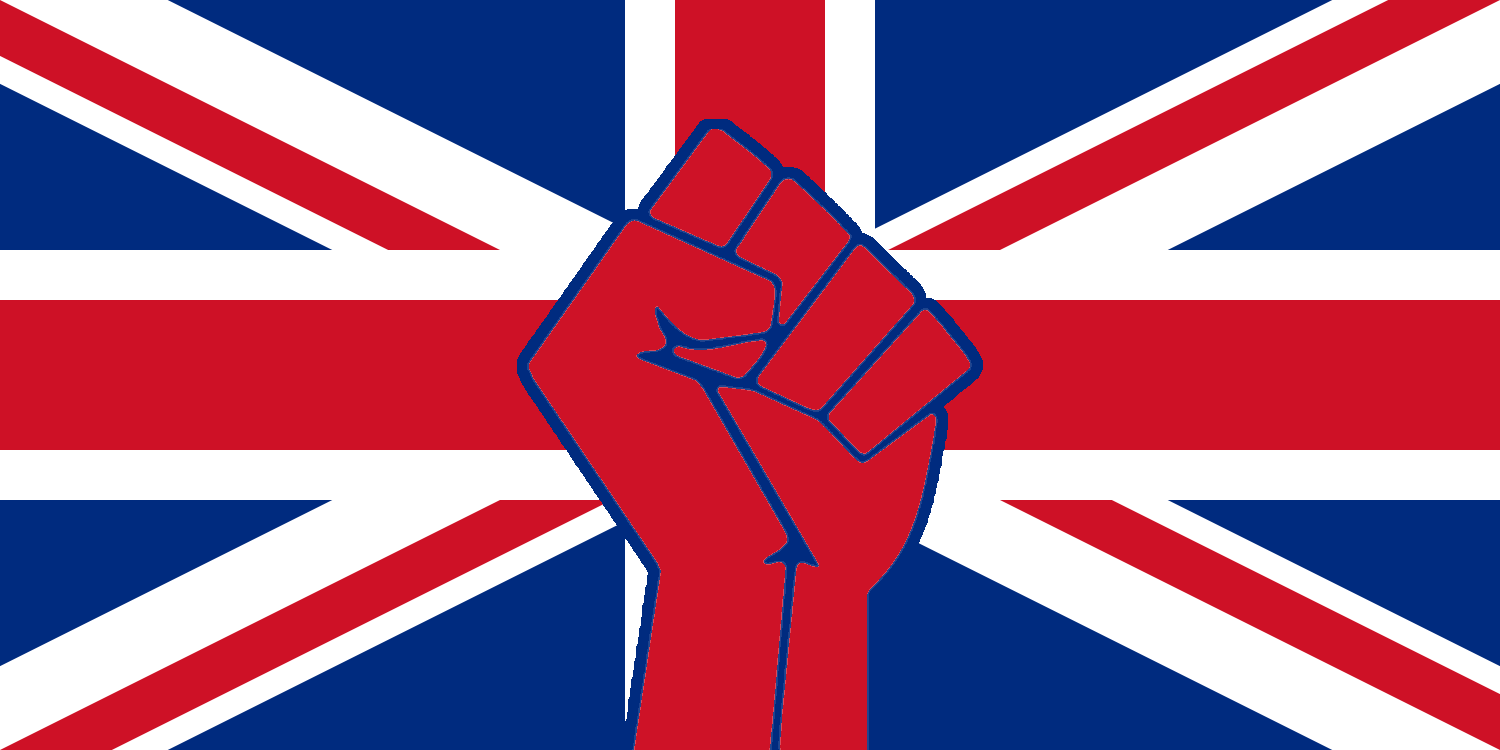A recent BBC interview with the president of Guyana, Irfaan Ali, has racked up millions of views. In it, he calls out the hypocrisy of the interviewer questioning his government’s plans to extract billions of dollars worth of oil and gas from Guyana’s newly discovered reserves, on the basis that this will contribute to global climate change.
Ali points out that, even after extracting those resources, Guyana will still be carbon neutral due to its huge untouched forest, covering 80% of the country, with the lowest deforestation rate in the world.
He poses some questions to the interviewer: ‘If you value biodiversity and the climate, are you [the West] willing to pay for it?’ He argues that the global capitalist system leaves him no choice but to extract the oil and gas: “We have this natural resource. And we’re going to aggressively pursue this natural resource because we have to develop our country.” Around half of Guyana’s population live under the poverty line, but the country has seen economic growth averaging over 40% over the last three years due to the influx of oil money. Profit problem
This highlights the major problem with attempting to solve the climate crisis under a capitalist system: the lack of profit to be made from protecting natural resources and the inability of capitalist nation states to cooperate in developing global productive potential. Capitalism is incapable of taking the united international action needed to reverse climate warming.
The serious thinkers of capitalism are only too aware that climate change is an existential threat that needs urgent action. Their proposals, however, are always constrained by the limits of the system they defend. To implement the urgent and sweeping changes needed to avoid climate catastrophe requires a global socialist plan of production, based on nationalisation of major industries under the democratic control and management of the working class.
In a recent address to investors, the former British Petroleum (BP) chief executive Lord John Browne urged them to consider Aesop’s fable of the rider who stops feeding his horse in peacetime, only to find it lame when war comes. The soldier in the analogy represented the companies who are pulling back on climate action, creating more long-term risk for all concerned as the ever-greater effects of the climate crisis loom.

